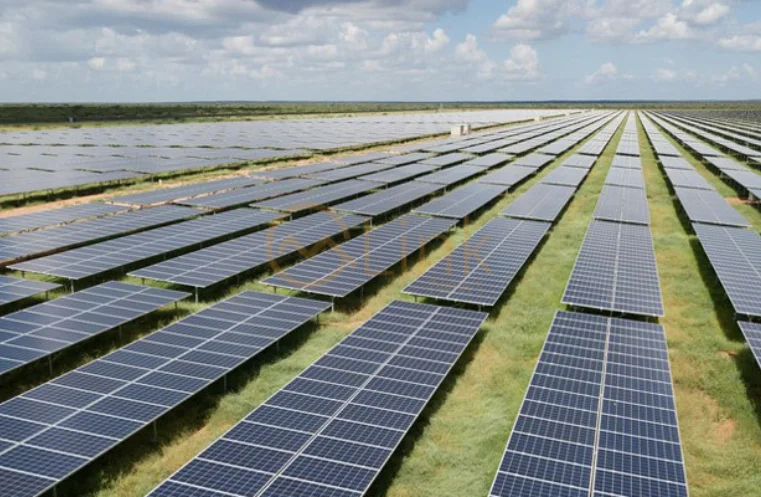Islamabad, march 24: Tariq Corporation Limited (TCORP), a company involved in sugar manufacturing, has taken a significant step towards sustainability by announcing the installation of a 200KW solar power system at its facility.
This move is aimed at enhancing operational efficiency and reducing electricity costs, while also decreasing the company’s carbon footprint.
TCORP’s decision underscores the growing trend of adopting renewable energy sources, particularly solar, within Pakistan’s industrial and commercial sectors.
This shift toward solar energy has been gaining traction, with more businesses recognizing the long-term benefits of renewable energy, including cost savings and environmental impact reduction.
Sugar Manufacturer: Industrial Solar Saves Bills
TCORP’s 200KW solar system is expected to bring substantial savings on electricity bills, aligning with the global push for cleaner, more sustainable energy solutions.
Other companies in Pakistan have also started embracing solar energy. For instance, last month, Olympia Mills Limited announced plans to install a 500KW off-grid solar power system at its facility.
Read More: Syngenta Pakistan Adopts Solar Energy for Sustainable Operations
These projects are part of a broader movement towards renewable energy adoption across various sectors.
The shift to renewable energy in Pakistan has raised concerns about its implications for the national grid, as electricity consumption growth remains stagnant.
Despite these concerns, the government continues to support the promotion of solar energy, considering it a priority.
Sugar Manufacturer: Govt Assurances
Prime Minister Shehbaz Sharif reaffirmed the government’s commitment to renewable energy in a recent statement, emphasizing that the policy on solar energy remains unchanged.
However, there have been some adjustments in the government’s approach to solar energy.
The Economic Coordination Committee (ECC) recently reduced the buyback rate for net metering electricity from Rs27 per unit to Rs10 per unit.
Also Read: Solar Industry Opposes Govt’s Plan to Slash Net Metering Rates
This decision was made due to the rapid increase in the number of solar net-metering consumers, which led to financial implications for grid consumers.
As of December 2024, Pakistan’s total installed solar capacity had grown significantly, from 321MW in 2021 to 4,124MW, showcasing the growing interest and investment in solar energy across the country.
This shift is likely to continue, with both residential and commercial sectors increasingly turning to solar power as a reliable and cost-effective energy source.









